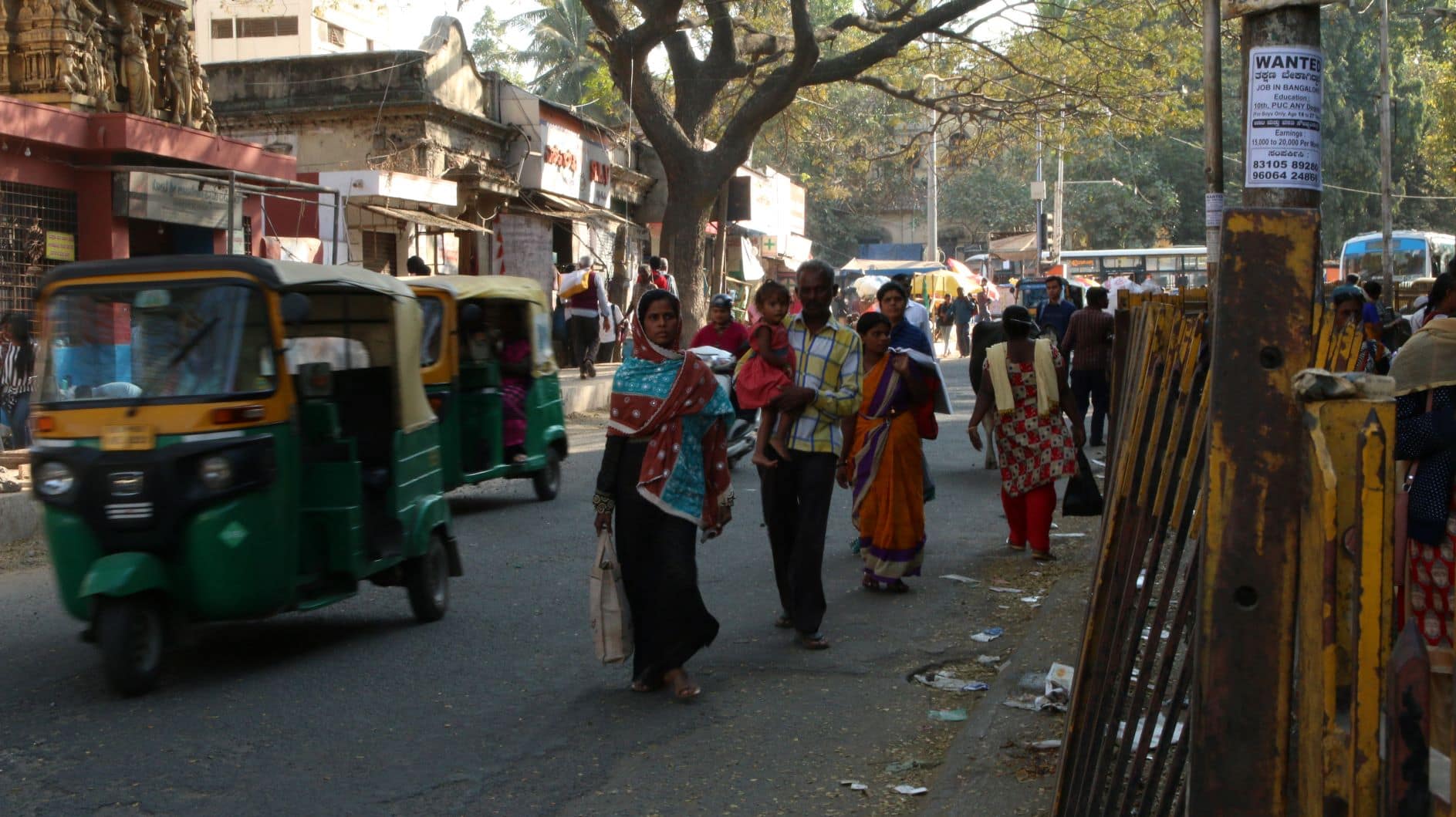Do people in individualistic cultures feel lonelier than in collectivistic cultures? Surprisingly, they don’t: Although people in individualistic cultures often have less stable relationships and spend more time alone, average loneliness seems to be lower than in more collectivistic cultures. In my dissertation, I provide an explanation for this “cultural paradox of loneliness”.
Interpersonal styles are the driving factor behind our social interactions, therefore studying them contributes greatly to our understanding of ourselves and others.
This post introduces a study by Minita Franzen, who examines social encounters of teenagers. How do teenagers experience their encounters with others, how do they behave and feel during such encounters, and how are they affected by them in the short and long term?
“Generation Me” is known as a self-centered generation. It affects the people of this generation but also the previous and future generations. In this blog post I will focus on how the “hook-up culture” of Generation Me may affect dating. Though in the end, only time will show us.
In many ways, psychology suffers from an overdose of individualism. This is problematic because this dominant view conceptualizes social relationships as external to the isolated individual. In his new book, Martijn van Zomeren develops an essentially relational theory of motivation, which assumes that, in essence, we are moved and motivated by others.





